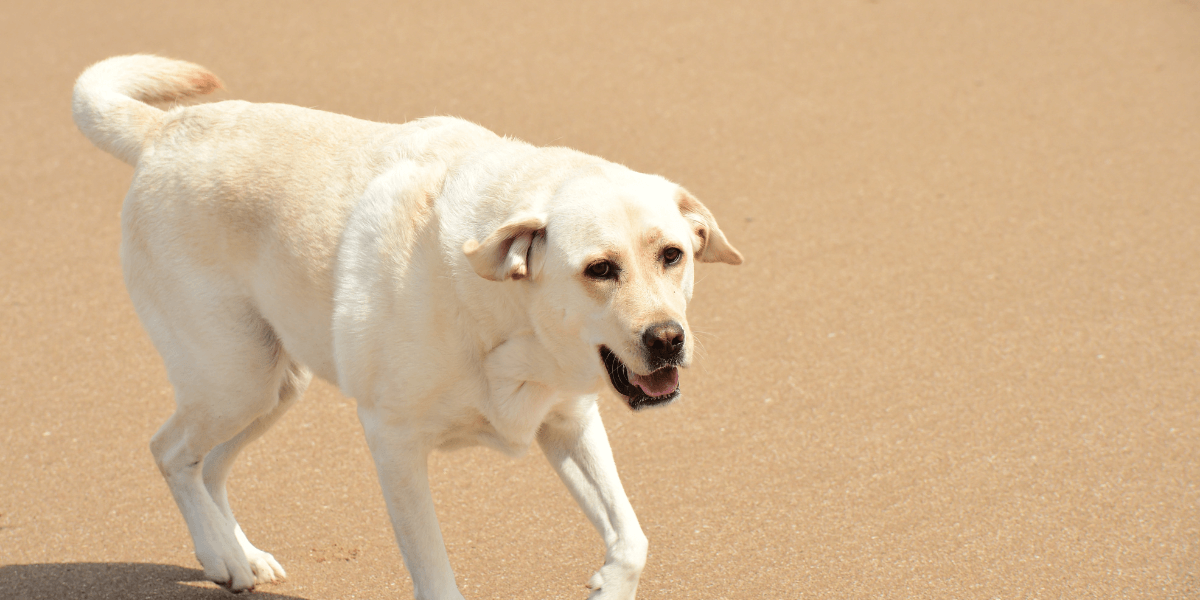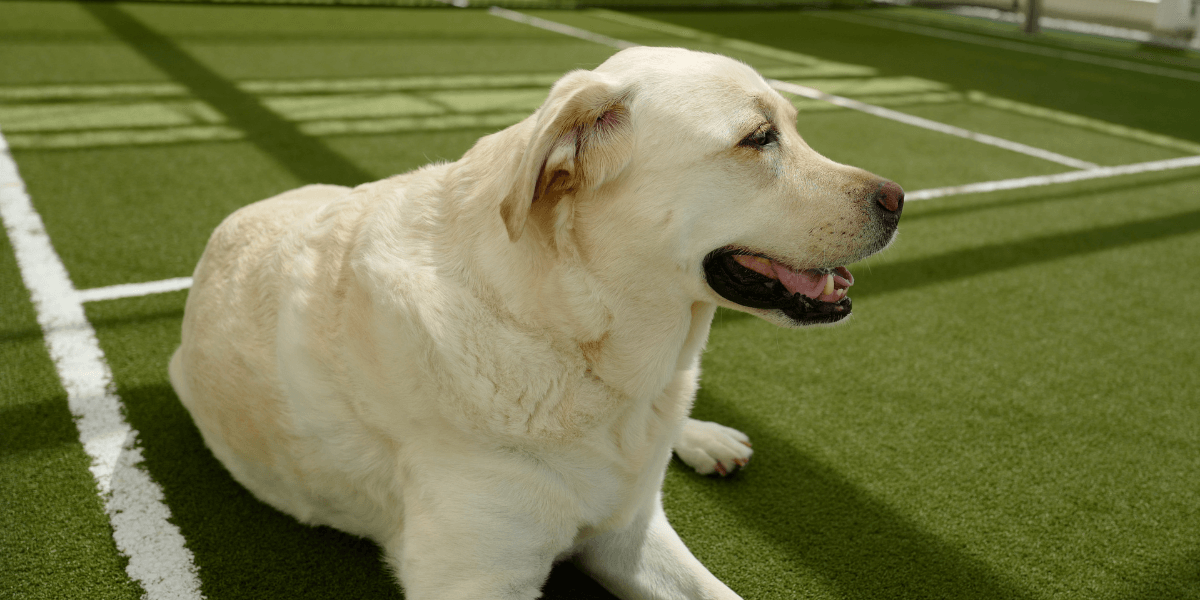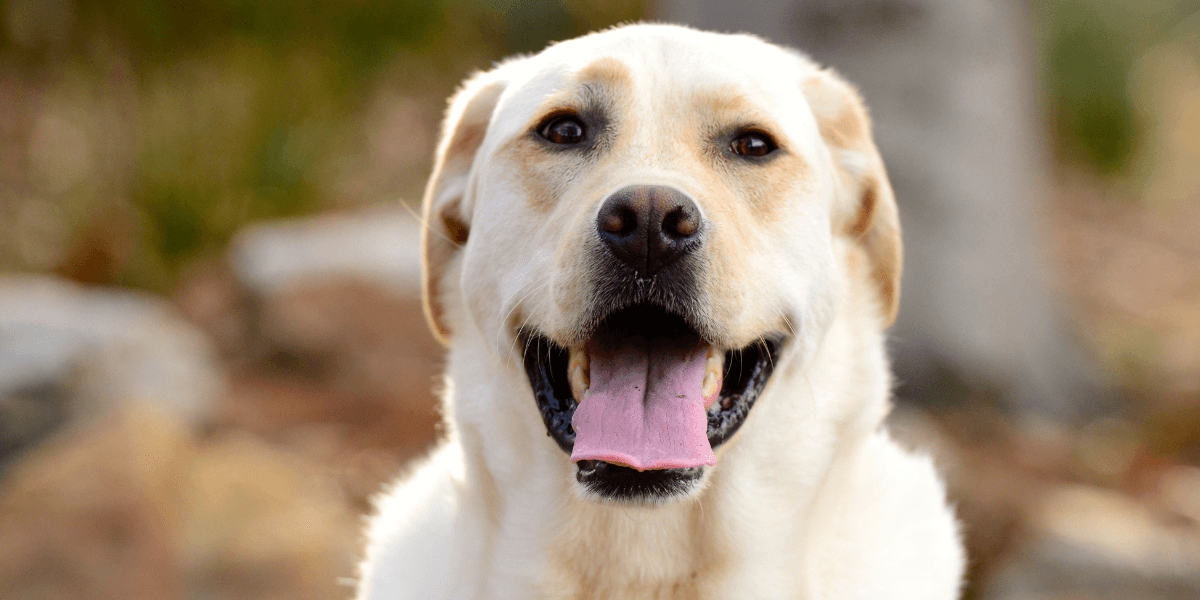Introduction
Learn about Labrador Retriever Health Issues and get practical advice in this guide
- Labrador Retrievers are known for their boundless energy and friendly nature
- They are one of the most popular dog breeds worldwide
- Owning a Labrador involves being aware of specific health issues
- This guide covers common health concerns and offers practical advice for owners
1. Hip Dysplasia: Understanding the Basics

Hip dysplasia is a genetic condition where the hip joint doesn’t fit the socket properly
- Symptoms: Limping, difficulty rising, and reduced activity levels
- Diagnosis: Typically diagnosed through X-rays and physical exams
- Prevention: Purchase from reputable breeders who screen for hip dysplasia
Management:
- Maintain a Healthy Weight: Excess weight puts more strain on the hips
- Exercise: Regular, low-impact exercise helps maintain joint health
- Medication: Pain relief and anti-inflammatory drugs may be prescribed
- Physical Therapy: Use rehab exercises to improve joint function and reduce pain
- Surgical Options: In severe cases where conservative management is insufficient
2. Elbow Dysplasia: What You Need to Know

Labrador Retriever Health Issues: Elbow Dysplasia - What You Need to Know
It involves multiple conditions affecting the elbow joint
- Symptoms: Forelimb lameness, reduced range of motion, and pain
- Diagnosis: X-rays and veterinary evaluation
- Prevention: Choose breeders who test for elbow dysplasia
Management:
- Weight Management: Helps reduce joint stress
- Exercise: Regular but gentle exercise is beneficial
- Surgery: In severe cases, surgical intervention may be necessary
- Pain Relief: Use prescribed painkillers and anti-inflammatories
- Joint Supplements: Consider supplements like glucosamine for joint health
3. Obesity: The Hidden Epidemic

It can exacerbate other health issues, such as joint problems and diabetes
- Symptoms: Noticeable weight gain, difficulty in exercise, and an increased risk of health issues
- Prevention: Implement a healthy diet and exercise routine early on
Management:
- Balanced Diet: Follow a proper feeding guide and avoid excessive treats
- Regular Exercise: Aim for at least 30 minutes of exercise daily
- Vet Visits: Regular check-ups to monitor weight and health
- Portion Control: Measure food portions to prevent overeating
- Behavioral Changes: Encourage active play and limit sedentary activities
4. Ear Infections: Causes and Care

Labradors are prone to ear infections due to their floppy ears
- Symptoms: Scratching at ears, shaking head, and foul-smelling discharge
- Diagnosis: Ear swabs and veterinary examination
- Prevention: Regular ear checks and cleanings help prevent infections
Management:
- Regular Cleaning: Use vet-recommended ear cleaners
- Dry Ears: Ensure ears are dry after swimming or baths
- Medication: Follow your vet's recommendations for treatment
- Monitor for Recurrence: Watch for signs of repeated infections
- Avoid Irritants: Keep ears away from allergens or harsh chemicals
Just as regular care avoids Labrador ear infections, grooming prevents ear issues in German Shepherds.
5. Progressive Retinal Atrophy (PRA): What to Watch For

PRA is a group of genetic diseases causing progressive degeneration of the retina.
- Symptoms: Night blindness, difficulty navigating in low light, and eventual vision loss
- Diagnosis: Eye exams by a veterinary ophthalmologist
- Prevention: Ensure your breeder tests for PRA
Management:
- Safe Environment: Make adjustments to your home to accommodate vision loss
- Support: Use cues and training to help navigate
- Assistive Devices: Consider using harnesses or guided walking aids
- Routine Check-ups: Regular eye exams to monitor the progression of the condition
- Enrichment Activities: Use touch and scent toys to stimulate other senses
For more information, refer to this article: Progressive Retinal Atrophy (PRA) in Dogs: What to Know.
6. Gastric Dilatation Volvulus (GDV): Emergency Awareness

Is a life-threatening condition where the stomach twists and traps gas.
- Symptoms: Distended abdomen, restlessness, and unproductive retching
- Diagnosis: Immediate veterinary intervention and X-rays
- Prevention: Be vigilant about symptoms and consult your vet if you have concerns
Management:
- Emergency Care: Requires urgent surgical intervention
- Preventive Measures: Feed smaller, more frequent meals and avoid vigorous exercise after eating
- Hydration: Ensure your pet stays hydrated but avoid excessive water intake before meals
- Monitor Breathing: Watch for signs of rapid or labored breathing, which can indicate distress
- Post-Surgery Care: Follow your vet's instructions for recovery and avoid strenuous activities
7. Skin Conditions: Common Problems and Solutions

Labradors can suffer from various skin issues, including allergies, and infections.
- Symptoms: Itching, redness, and hair loss
- Diagnosis: Skin scrapings and allergy tests
- Prevention: Regular checks and good hygiene practices
Management:
- Regular Grooming: Helps remove allergens and keep the coat clean
- Proper Diet: Ensure a balanced diet to maintain skin health
- Vet Treatment: Use prescribed treatments for specific conditions
- Moisturize: Apply vet-recommended moisturizers to soothe dry or irritated skin
- Identify Triggers: Monitor for and address potential allergens or irritants in the environment
Skin issues in Labradors, like health problems in Great Danes, require attentive care and solutions.
FAQs
1. What are common health issues in Labrador Retrievers?
- Common issues include hip dysplasia, elbow dysplasia, and obesity
2. How can I prevent hip dysplasia in my Labrador?
- Regular exercise and a balanced diet can help prevent hip dysplasia
3. What should I watch for with Labrador Retriever Health Issues?
- Look for signs of pain, limping, or unusual weight gain
4. How often should my Labrador see the vet for check-ups?
- Schedule annual vet visits for regular health monitoring
5. Are there specific diets that help with Labrador Retriever Health Issues?
- Yes, diets rich in joint-supporting nutrients can aid in managing health issues
6. How can I manage my Labrador's weight effectively?
- Follow a controlled feeding plan and provide regular exercise
7. What are the early signs of health problems in Labradors?
- Symptoms include changes in appetite, energy levels, or mobility issues
Conclusion
- Regular vet check-ups help manage Labrador Retriever health issues effectively
- Regular vet check-ups help manage health issues effectively
- A balanced diet prevents Labrador issues, as it supports German Shepherd wellness.
- Exercise and weight management are key for addressing health issues
- Genetic testing can reduce health issues; use responsible breeding
- Early detection and intervention are vital for managing health issues
- Stay informed about health issues to prevent and manage them
- Utilize breed-specific resources to support your Labrador Retriever’s health needs
Your feedback helps us provide valuable information to the pet community!
References
- What are the best treatments for dog hip and joint pain?
- Labrador Retriever Dog Breed Health and Care
- Hip Dysplasia in Dogs: Causes, Symptoms, and Treatments
- Labrador Retriever Health Issues
- Common Causes of Hip and Joint Pain in Dogs?
- Labrador retrievers at risk of various health problems
Thank you!



